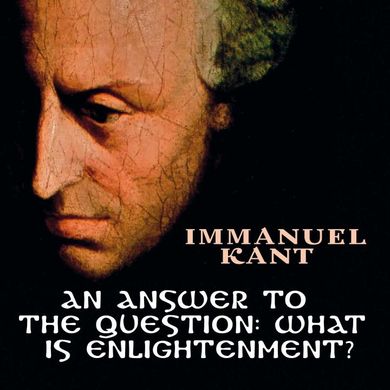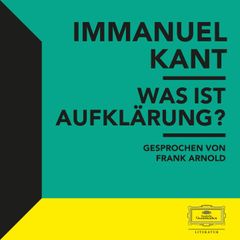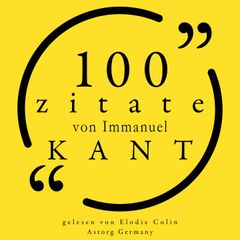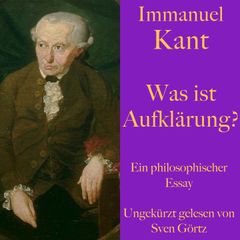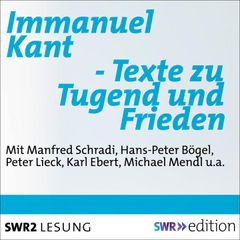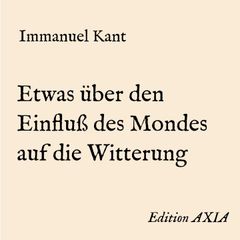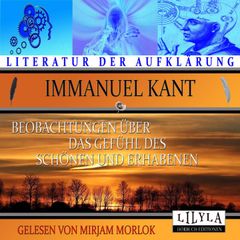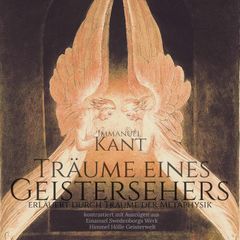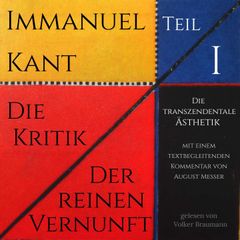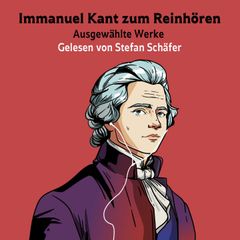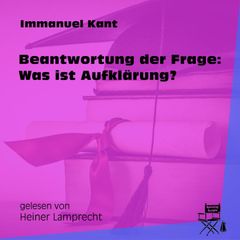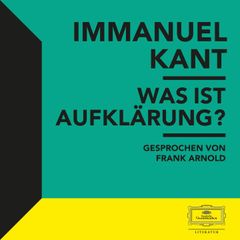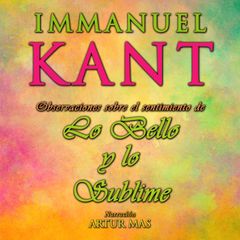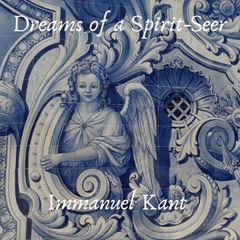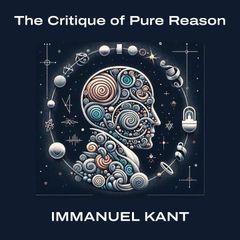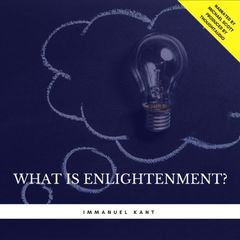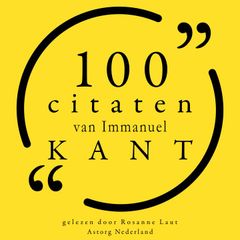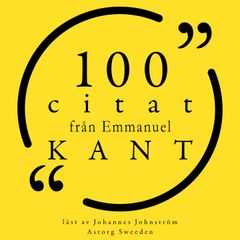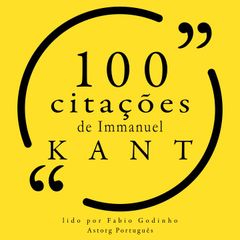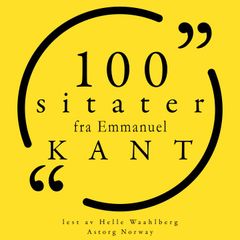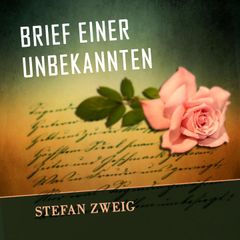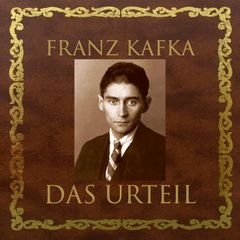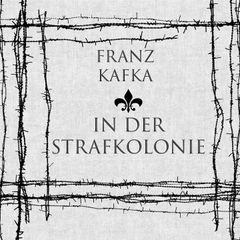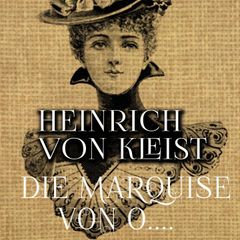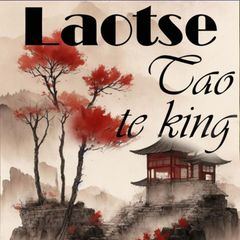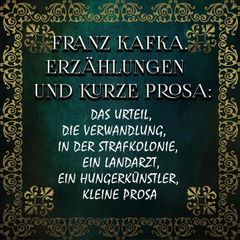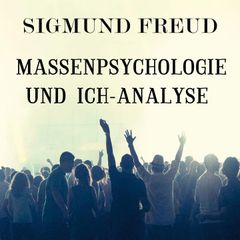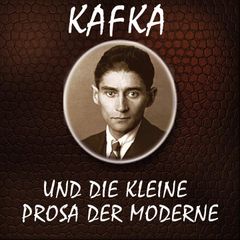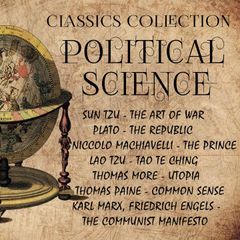- Hörbuch
- 2024
- 17 Min
- Strelbytskyy Multimedia Publishing
Titel
An Answer to the Question: What is Enlightenment?
Beschreibung
"Answering the Question: What Is Enlightenment?" is a 1784 essay by the philosopher Immanuel Kant. In the December 1784 publication of the Berlinische Monatsschrift (Berlin Monthly), edited by Friedrich Gedike and Johann Erich Biester, Kant replied to the question posed a year earlier by the Reverend Johann Friedrich Zöllner, who was also an official in the Prussian government. Zöllner's question was addressed to a broad intellectual public community, in reply to Biester's essay entitled: "Proposal, not to engage the clergy any longer when marriages are conducted" (April 1783) and a number of leading intellectuals replied with essays, of which Kant's is the most famous and has had the most impact. Kant's opening paragraph of the essay is a much-cited definition of a lack of enlightenment as people's inability to think for themselves due not to their lack of intellect, but lack of courage.
Kant's essay also addressed the causes of a lack of enlightenment and the preconditions necessary to make it possible for people to enlighten themselves. He held it necessary that all church and state paternalism be abolished and people be given the freedom to use their own intellect. Kant praised Frederick II of Prussia for creating these preconditions. Kant focused on religious issues, saying that "our rulers" had less interest in telling citizens what to think in regard to artistic and scientific issues.
Auf öffentlichen Listen dieser Nutzer
Dieses Hörbuch ist noch auf keiner Liste.
Produktdetails
Autor:
Titel:
An Answer to the Question: What is Enlightenment?
gelesen von:
Sprache:
EN
ISBN Audio:
4069828030831
Erscheinungsdatum:
19. Dezember 2024
übersetzt von:
Schlagworte:
Philosophical Essaypolitical philosophyEnlightenmentAutonomyreasonintellectual freedompublic use of reasonimmaturityself-determinationmoral courageauthorityIndividualismmodernityGerman philosopherAudiobookEnglishStrelbytskyy Multimedia PublishingPhilosophynonfictionClassicsessayspoliticsGerman Literature 18th CenturHistoryGermany
Laufzeit
17 Min
Produktart
AUDIO
Explizit:
Nein
Hörspiel:
Nein
Ungekürzt:
Ja
Über den Autor:
Immanuel Kant (1724–1804) was a philosopher who redefined the limits of human thought. Born in Königsberg, Prussia (now Kaliningrad, Russia), Kant spent his entire life in the same city, yet his ideas transcended time and space, shaping modern philosophy forever.
Raised in a strict Pietist household, young Kant learned discipline and a love for learning early on. After studying at the University of Königsberg, he became a professor, teaching a wide range of subjects, from physics to metaphysics. However, it was his quest to understand the boundaries of knowledge and morality that made him immortal in the world of ideas.
His groundbreaking Critique of Pure Reason (1781) questioned how humans perceive the world. Kant argued that while experience feeds knowledge, the mind organizes it using inherent structures like space and time. This bold theory created a bridge between rationalist and empiricist philosophies.
Kant's moral philosophy, outlined in Critique of Practical Reason (1788), introduced the categorical imperative, urging individuals to act as if their actions were universal laws. His work championed autonomy, reason, and human dignity.
Despite his intellectual stature, Kant lived a simple, routine life. His punctual daily walks became local legend, while his unwavering dedication to reason defined his character. Kant's legacy endures, proving that a disciplined mind can reshape the world.
